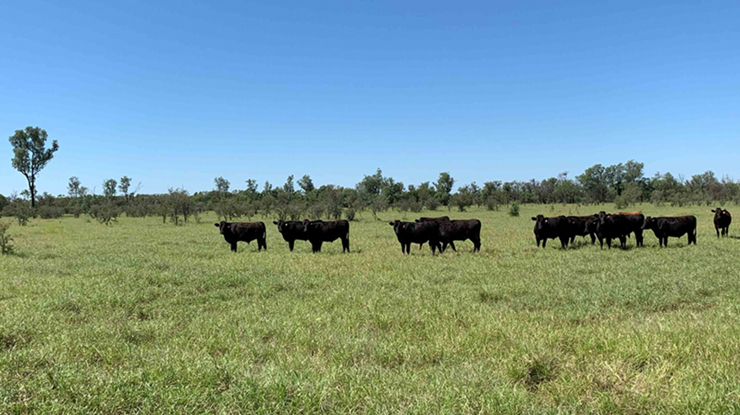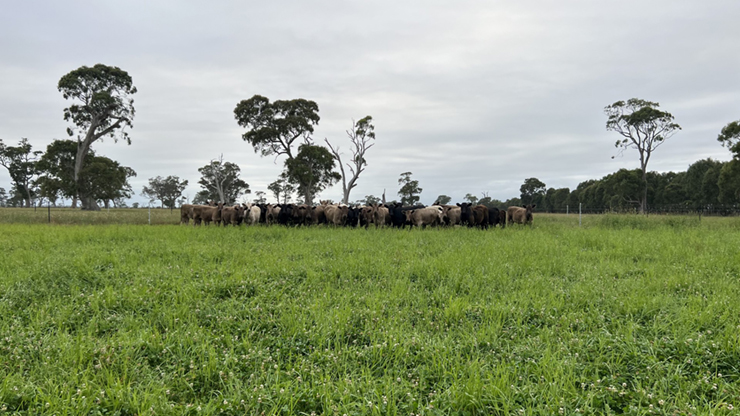Today, the ACT Government is announcing new mandatory restrictions on fire ants and fire ant carriers from affected areas of fire ant infestations in NSW and Queensland.
Minister for the Environment, Parks and Land Management Rebecca Vassarotti said the new restrictions will reduce the risk of red imported fire ant being spread to the ACT.
“Last month I announced more than $5 million in funding towards the eradication of fire ants in Australia, and today I am taking another step to protect the bush capital from these invasive ants,” Minister Vassarotti said.
“Import restrictions will be applied under the Plant Diseases Act 2002 to potential carriers of fire ants, such as organic mulch, soil and anything with soil on it, baled material like hay, potted plants, turf, agriculture or earth moving machinery, and mining and quarrying materials.
“The restriction applies to a 5 kilometre radius of the fire ant nests recently found in South Murwillumbah and Wardell in north-eastern NSW. It also applies to areas in south-east Queensland declared as fire ant biosecurity zones including Redcliffe, Brisbane, the Gold Coast and Gatton.
“Importers of these materials from affected areas will need to meet strict import conditions like using heat treatment or applying an Australian Pesticides and Veterinary Medicines Authority-approved chemical for the control of fire ants and providing a plant health certificate.
“Protecting our environment and community from the damage fire ants can cause is a top biosecurity concern. I want to assure the community that we are taking swift and decisive action to protect the territory.”
The restrictions will be reviewed as the Queensland Department of Agriculture and Fisheries and NSW Department of Primary Industries continue to implement fire ant eradication efforts in their respective states.
Biosecurity is a shared responsibility – you can do your part by:
- Checking the measures that must be implemented before entering the ACT with hay, turf, soil, mulch, potted plants or machinery from NSW and Queensland.
- Be on the lookout for unknown plant and animal species.







